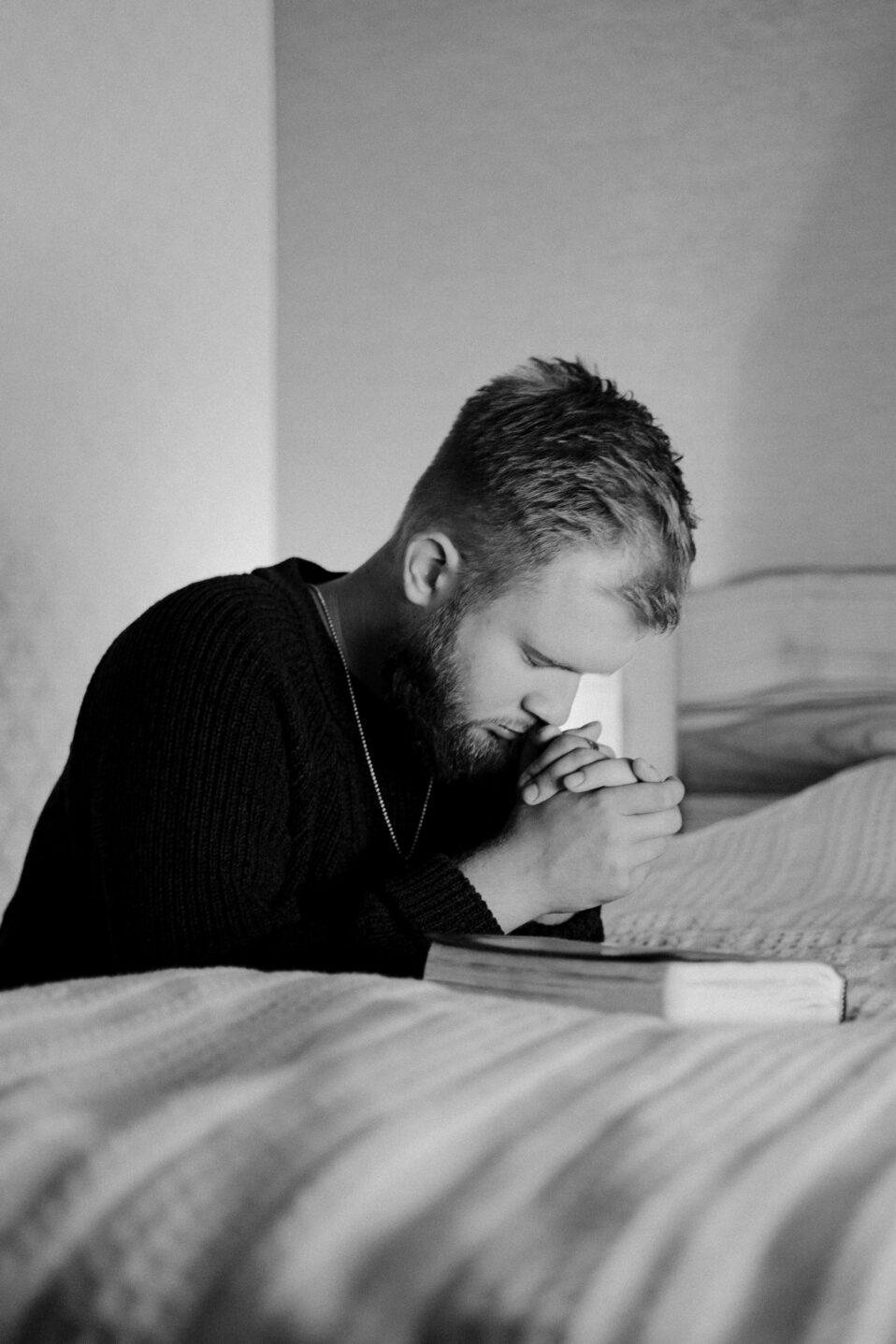These articles are an effort to focus attention on some basic issues which trouble our churches, by presenting side-by-side (1) the historic, Biblical Reformed view, and (2) the emerging, changing, broadening view held by many in the churches. This article deals with a godly life.
(1) The Biblical Reformed View
God’s Word teaches us that we are saved by faith in Christ for a godly life (Eph. 2:10; Titus 2:11–14). Gospel “doctrine” is not only true but “sound,” or, literally “healthful.” “We are redeemed from sin and shame and called to holiness,” “called to be saints” (1 Cor. 1:2). This holy living means simply separation from every kind of sin and dedication to the Lord. Sin is defined and exposed by God’s law, which demands both the motive of love for God and fellowmen, and behavior according to His will as revealed in that law. As the Lord by His Word and Spirit saves us from sin and reconciles us to Himself, He makes us eager to do His will. He tells us, “If ye love me keep my commandments” (John 14:15). We are warned that “He who says ‘I know him’ but disobeys his commandments is a liar, and the truth is not in him” (1 John 2:5). Godly living requires separation from sin (2 Cor. 6:14-7:7). We must “have no fellows hip with the unfruitful works of darkness, but rather reprove them” (Eph. 5:11). This separation is not from all contacts with the world, but rather from its way of thought and life, in order to be a “light” and a “salt” in it (Rom.12:2; John 17:14–18, Matt. 5:13, 14). If the “salt” loses its flavor it is worthless and will be discarded. Our commanded holy living, while imperfect in this life, is, by God’s grace, a continuing race toward perfection (Phil. 3:12–14). In it we are called, “as we have . . . opportunity” to “do good unto all men, especially unto them who are of the household of faith” (Gal. 6:10).
(2) The Broadening View
Christ came as the great Liberator to free mankind from all kinds of restraints and inhibitions which prevent each from realizing his or her true potential as human beings. The old, static, traditional notions of fixed doctrines and unchanging laws do not do justice to the historical character of the Christian faith. They fail to adequately recognize that the Bible as revelation is also a human document conditioned by the historical setting and limitation of its times, and that it, in turn, has to be interpreted in the changing structures and framework of our times. Our tradition not only fails to reckon with these important principles, but labors under the additional handicap of an immigrant, separatist mentality. Instead of trying to separate from the community and world, Christians should sympathetically identify with the world and its troubles and seek to serve it in the name of Christ. The norm for such service is love, not an antiquated set of unchanging commandments. Social structures change and therefore the Christian stance in moral matters must adapt itself to the changing society. Our guide in ethical matters is not only the Bible, but also the discoveries of science, the changing mores of society, and especially our own experience. We must join the efforts to correct social, economic and political injustices and to renew the antiquated structures of society, and be less concerned about individualistic and traditional moral taboos. We must trust the Holy Spirit to guide us in contributing to the progress and improvement of society and in redeeming all its activities.

